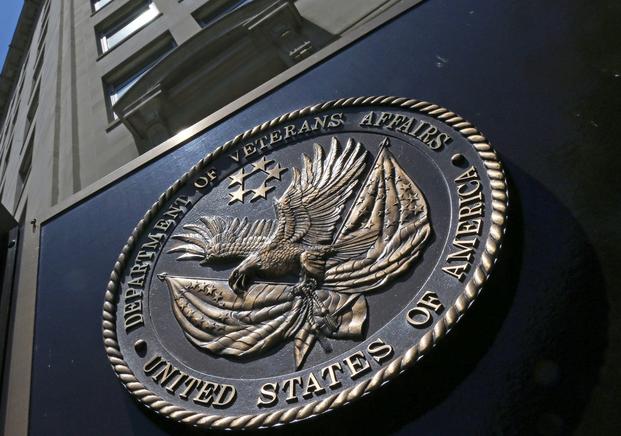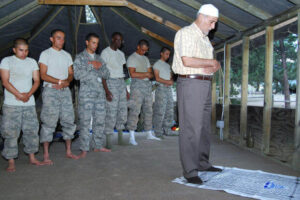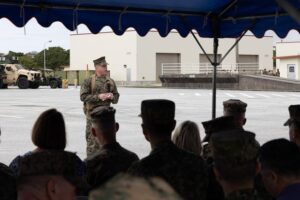After decades of waiting, a former Navy machinist has finally received the acknowledgment he long sought from the U.S. Department of Veterans Affairs. Paul Critchett’s battle for recognition of his radiation-induced illness came to a successful conclusion, providing hope to other veterans facing similar struggles.
In 1967, Critchett, then 20 years old, was stationed off the coast of Spain, tasked with repairing a pipe inside a nuclear submarine reactor. An accident during this mission resulted in his exposure to untracked levels of radiation. Diagnosed with chronic lymphocytic cancer at age 61, Critchett suspected the radiation exposure as the cause, an assertion the VA initially denied for years.
The Long Road to Recognition
Critchett’s journey to prove the link between his cancer and the radiation exposure was arduous. Despite providing extensive documentation, including testimony from fellow servicemen and letters from medical professionals, the VA repeatedly denied his claims. It wasn’t until February 21, after years of appeals, that Critchett received news from his attorney confirming that the VA had recognized his cancer as service-connected. This acknowledgment entitles him to significant back pay and ongoing benefits.
A Legal and Personal Victory
Critchett, who remained unmarried and childless, insisted his fight was not for financial gain but for governmental acknowledgment of the risks faced by veterans. “This isn’t just a win for me,” Critchett expressed, highlighting the systemic denial of claims similar to his own. His attorneys, Mikayla Pentecost and Pat Grattan, played crucial roles in navigating the complex legal landscape, ultimately enlisting the aid of U.S. Rep. Mike Thompson to press the case further.
Congressional Intervention and Advocacy
Thompson, a Vietnam veteran and advocate for military personnel, intervened by contacting the VA, emphasizing the urgency of Critchett’s situation. Despite initial setbacks, including a denial even after Thompson’s involvement, persistent advocacy led to a successful appeal. Grattan emphasized the necessity of congressional intervention, criticizing the systemic failures that required such measures for justice.
A Path Forward for Veterans
Critchett’s case sets a precedent for future claims, providing a framework for attorneys and veterans to pursue recognition of service-related illnesses. Pentecost, engaged in veterans’ advocacy, continues to share strategies and information, hoping to ease the path for others facing similar battles. Critchett’s resolve serves as a testament to the enduring spirit of those who serve, fighting not only for themselves but for the rights of all veterans.
Visit www.pressdemocrat.com.
Distributed by Tribune Content Agency, LLC.






